Science
The latest science news.
Latest
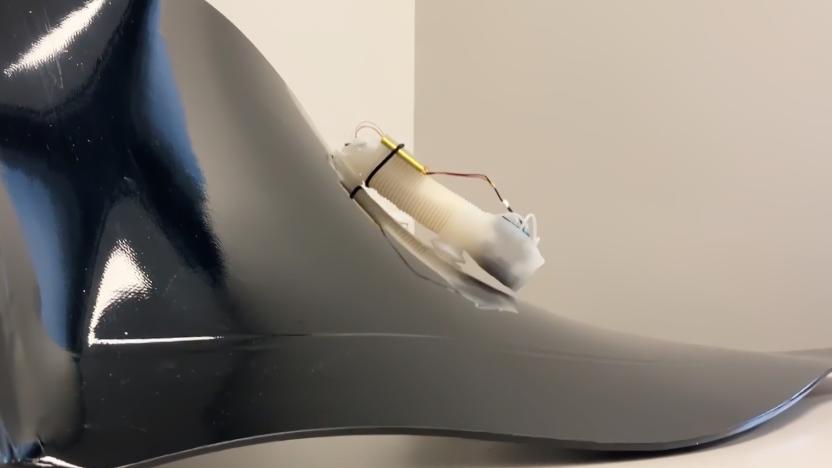
GE Aerospace is developing a robotic worm to inspect and repair jet engines
GE Aerospace has demonstrated a worm-like robot that could one day inspect and repair jet engines. The Sensiworm (Soft ElectroNics Skin-Innervated Robotic Worm) is designed to serve as “extra sets of eyes and ears” for service engineers and mechanics as they examine the insides of engines.
Will Shanklin09.08.2023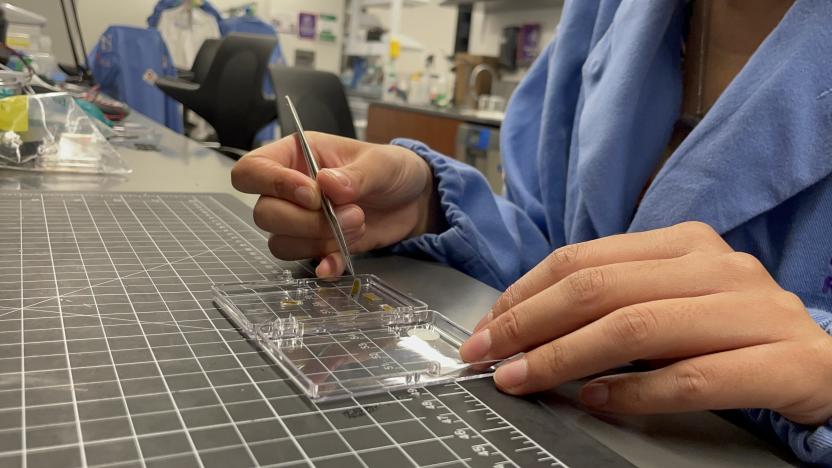
Biometric implant monitors transplant patients for organ rejection
Researchers at Northwestern University developed an implant that can continuously monitor an organ’s temperature for signs of infection and inflammation. The tech will be used to determine and preemptively treat organ transplant rejection in a noninvasive way.
Malak Saleh09.08.2023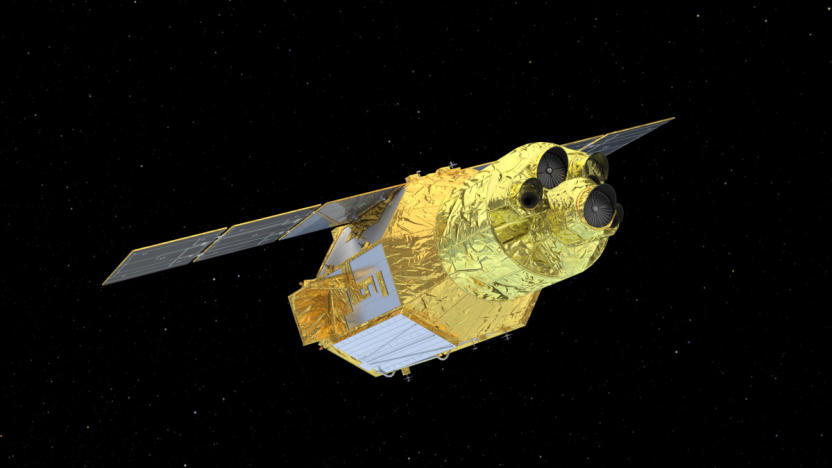
Japan launched an X-ray telescope more advanced than its peers
Japan's space agency has launched a rocket on September 6 at 7:42 PM EDT carrying a telescope that's more advanced than NASA's Chandra and other X-ray observatories already in orbit.
Mariella Moon09.07.2023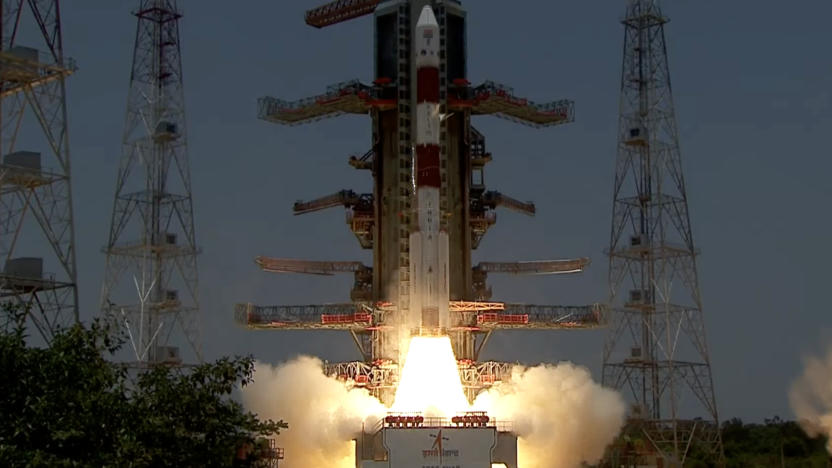
India launches spacecraft to study the sun a week after landing on the moon
Just a week after Chandrayaan-3 touched down on the moon, India's space agency has already launched a rocket carrying Aditya-L1, its first mission dedicated to observing the sun.
Mariella Moon09.02.2023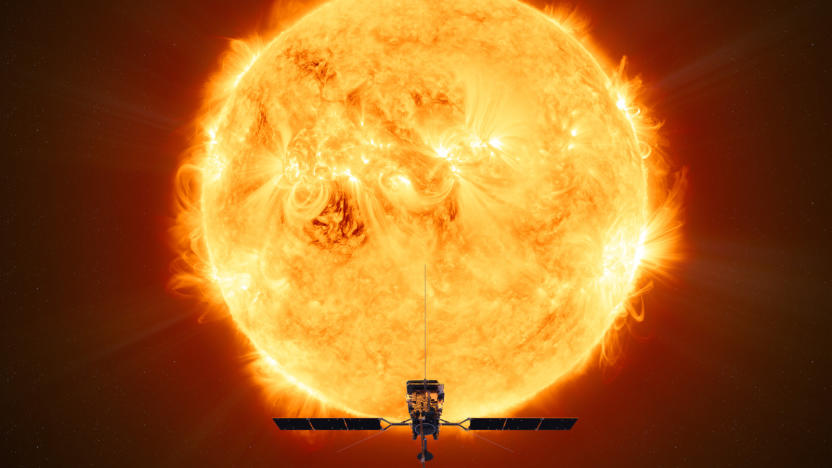
The Solar Orbiter spacecraft may have discovered what powers solar winds
In a paper published in Science, a team of researchers described observing large numbers of jets coming out of a dark region of the sun called a "coronal hole" in the images taken by the Solar Orbiter.
Mariella Moon08.25.2023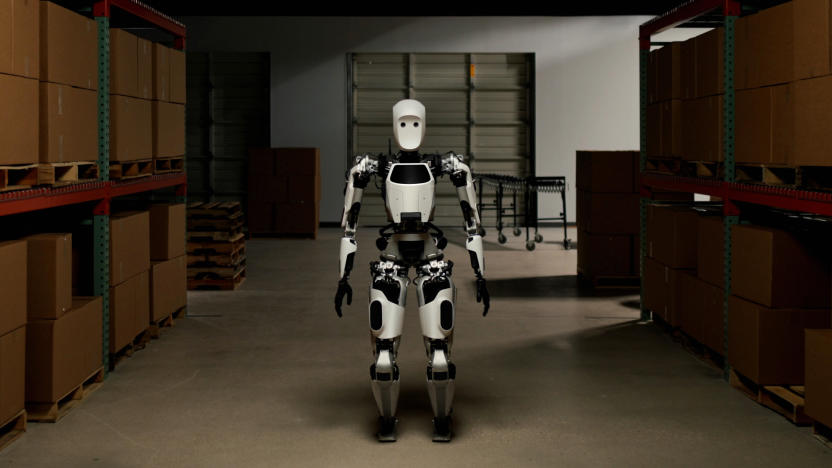
Apptronik’s Apollo is the latest humanoid robot to beat Tesla to market
Apptronik unveiled a new workforce robot today. Named Apollo, the machine is designed to “work in environments designed for, and directly alongside, humans.” The android is initially intended to move and carry cases and totes in logistics and manufacturing settings. But the Austin-based Apptronik sees Apollo expanding into “construction, oil and gas, electronics production, retail, home delivery, elder care” and more. Apollo follows Xiaomi’s reveal of the CyberOne robot last year, which looked remarkably similar to the still-unreleased Tesla Bot.
Will Shanklin08.24.2023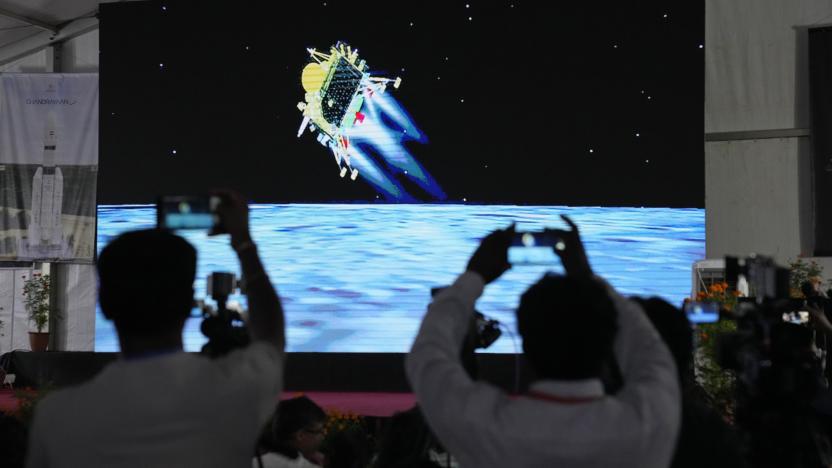
India is the first country to land at the Moon's south pole
India has become the first country to land a spacecraft at the Moon's south pole.
Jon Fingas08.23.2023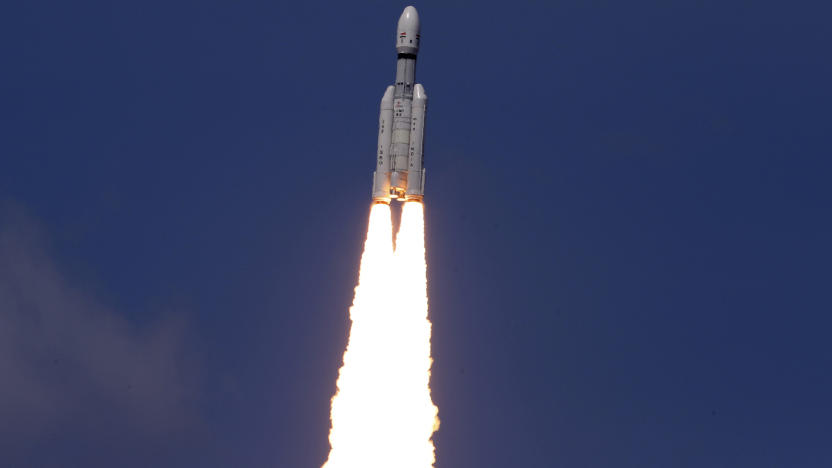
Watch India’s Chandrayaan-3 try to land on the Moon here at 8:34AM ET
We’ll soon learn if India will be the first nation to nail a soft landing on the moon’s south pole. The Indian Space Research Organisation’s (ISRO) Chandrayaan-3 mission, which launched on July 14th and entered lunar orbit on August 5th, will attempt to touch down on Wednesday at around 8:34 am EDT. It follows Russia’s attempt to beat India to the punch that ended badly. The ISRO’s live telecast (watch below) is scheduled to begin at 3:50 am EDT.
Will Shanklin08.23.2023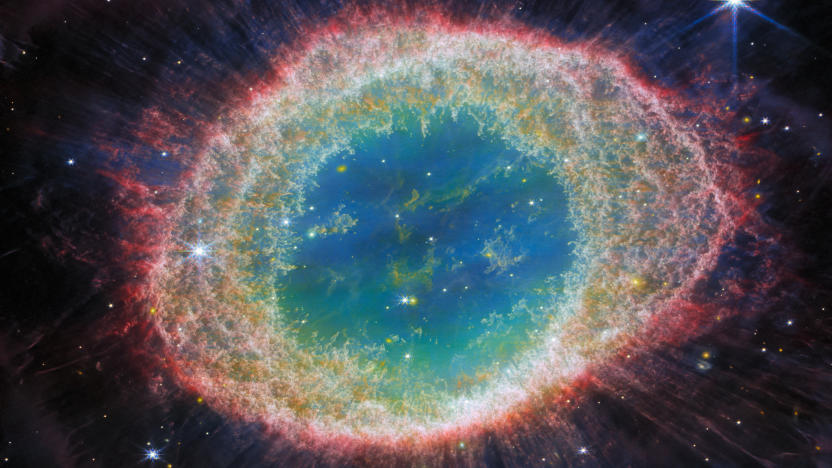
Webb Space Telescope captures the Ring Nebula in mesmerizing detail
The James Webb Space Telescope (JWST) captured extraordinarily detailed images published today of the Ring Nebula. The gaseous cloud, also called M57 and NGC 6720, contains 20,000 dense globules rich in molecular hydrogen. It sits about 2,500 light years away from Earth.
Will Shanklin08.22.2023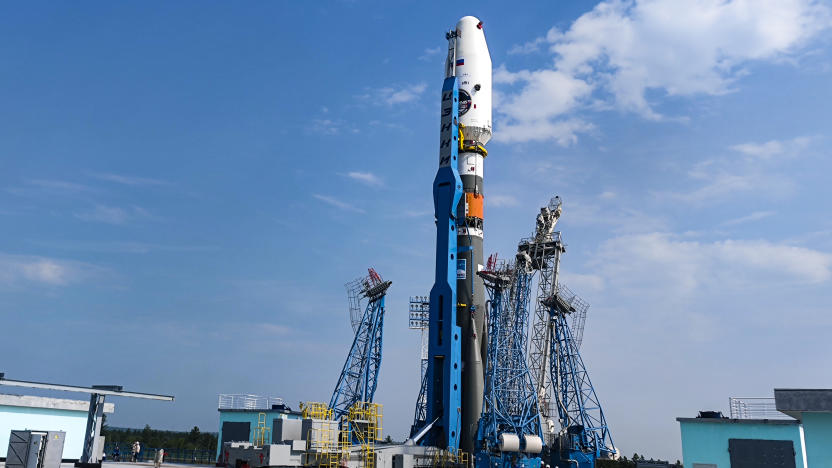
Russia's Luna-25 spacecraft crashes into the Moon
The country's last attempt to reach the moon was in 1976.
Sarah Fielding08.21.2023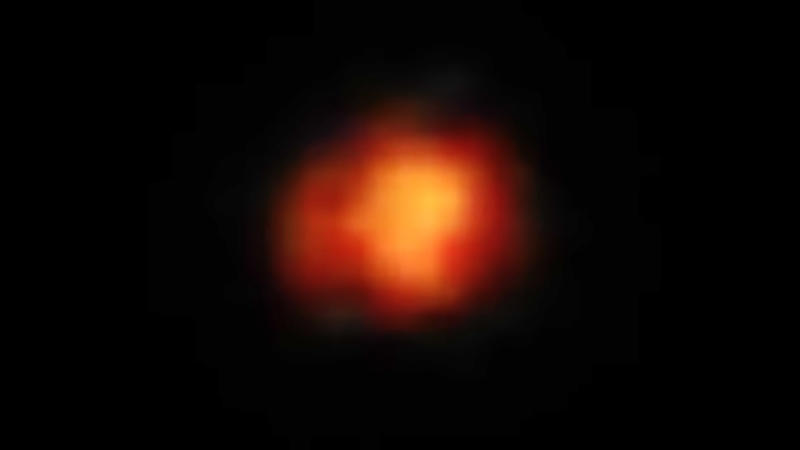
Astronomers confirm Maisie’s galaxy is one of the oldest observed
Astronomers have used advanced instruments to calculate a more accurate age of Maisie’s galaxy, discovered by the James Webb Space Telescope (JWST) in June 2022. Although the star system isn’t quite as old as initially estimated, it’s still one of the oldest recorded, from 390 million years after the Big Bang — making it about 13.4 billion years old. That’s a mere 70 million years younger than JADES-GS-z13-0, the (current) oldest-known system.
Will Shanklin08.16.2023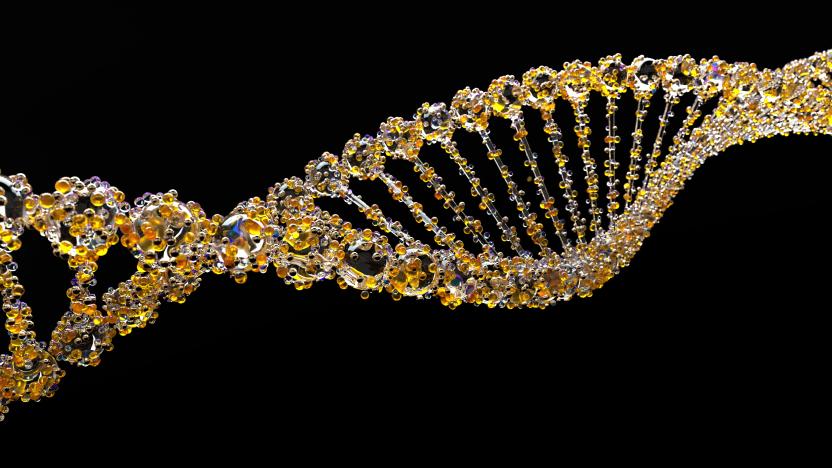
Scientists genetically engineer bacteria to detect cancer cells
An international team of scientists has developed a new technology that can help detect (or even treat) cancer in hard-to-reach places, such as the colon.
Mariella Moon08.11.2023
Russia heads to the Moon for the first time in 47 years
Russia is heading back to the Moon as it tries to reassert itself as a significant world power in the wake of its war on Ukraine. A rocket carrying the Luna-25 craft will mark Russia’s first lunar mission since 1976. The expedition will attempt to land the exploration vehicle on the moon’s south pole, hoping to dig up water ice beneath the surface. You can tune in to watch the launch here.
Will Shanklin08.11.2023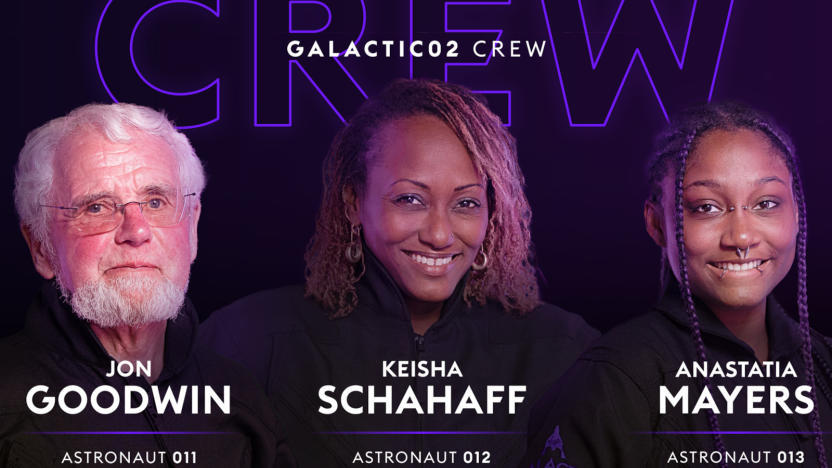
Watch Virgin Galactic's first ever space tourist flight at 11am ET
Virgin Galactic's first private passenger flight will be taking off from its Spaceport America facility at 11AM EDT.
Mariella Moon08.10.2023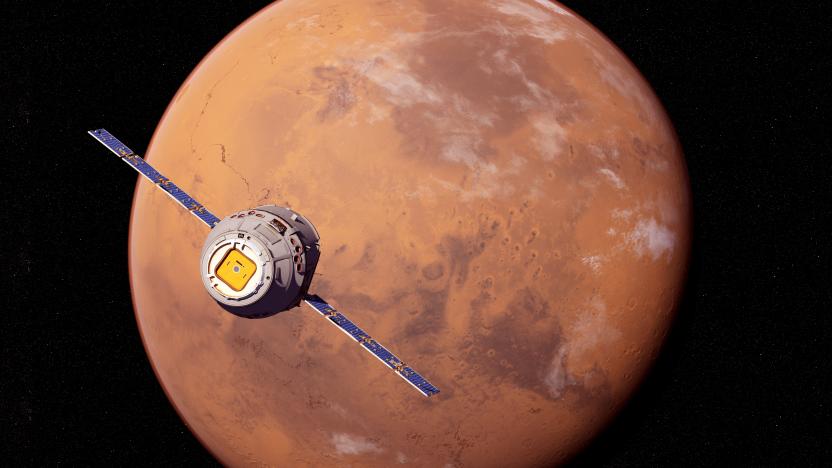
ISS experiment will help scientists work out how to keep astronauts cool in space
Northrop Grumman's 19th resupply mission carrying a module with hardware that could help us understand how heating and air conditioning systems can operate in reduced gravity.
Mariella Moon08.09.2023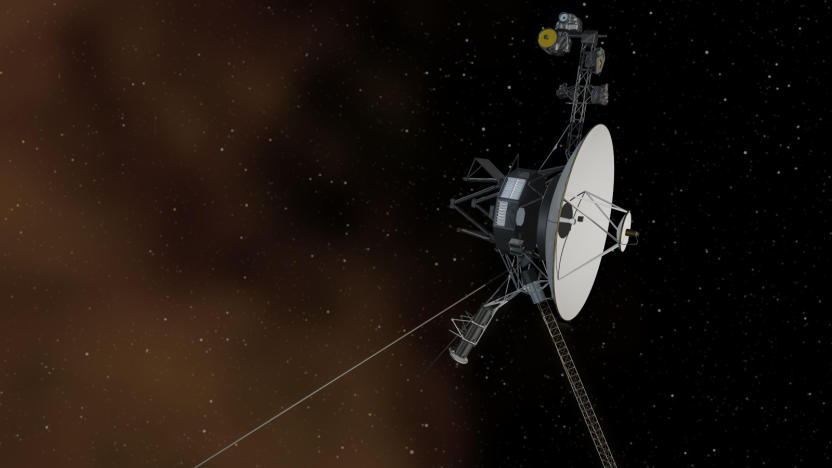
NASA regains contact with Voyager 2 after it went dark for two weeks
NASA "shouted" a command to the spacecraft across over 12.3 billion miles of space using the Deep Space Network, telling it to turn its antenna back to Earth.
Mariella Moon08.08.2023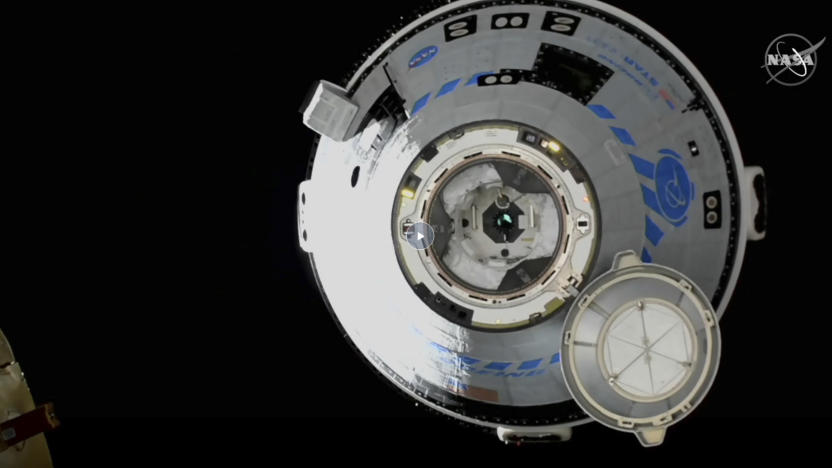
Boeing's Starliner could be ready for crewed flights by next March
Following more than a decade of development, Boeing is aiming to send its Starliner crew capsule into space carrying live astronauts for the first time in March.
Andrew Tarantola08.08.2023
The JumpMod haptic backpack makes virtual leaps more realistic
The untethered device provides a more convincing illusion of vertical movement than today's best VR visual tricks alone.
Andrew Tarantola08.05.2023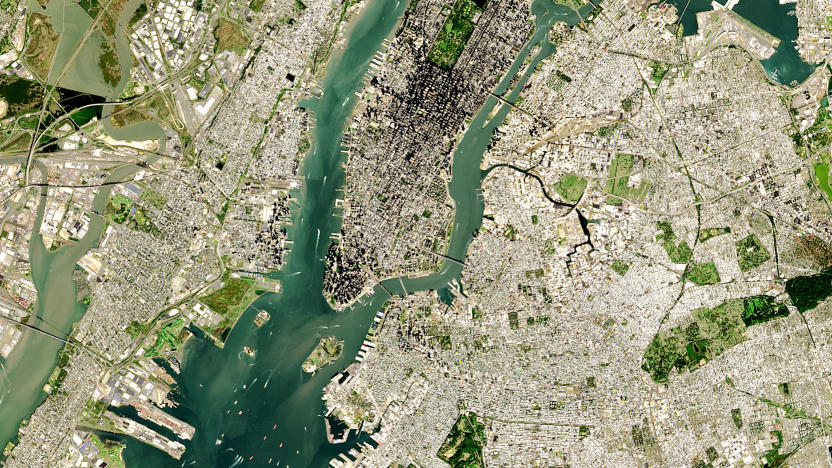
IBM and NASA teamed up to build the GPT of Earth sciences
IBM, NASA and Hugging Face have teamed up to build an open-source geospatial foundation model.
Andrew Tarantola08.03.2023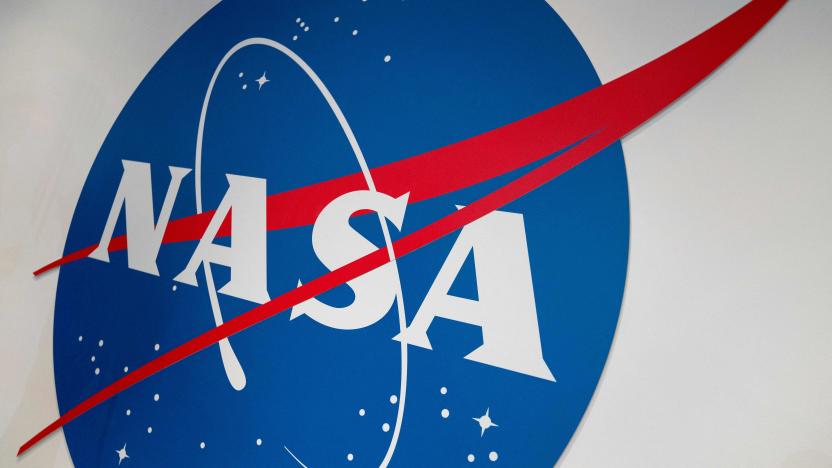
NASA+ is the space agency's very own streaming platform
NASA is launching its very own streaming platform called NASA+ sometime this summer.
Mariella Moon07.28.2023